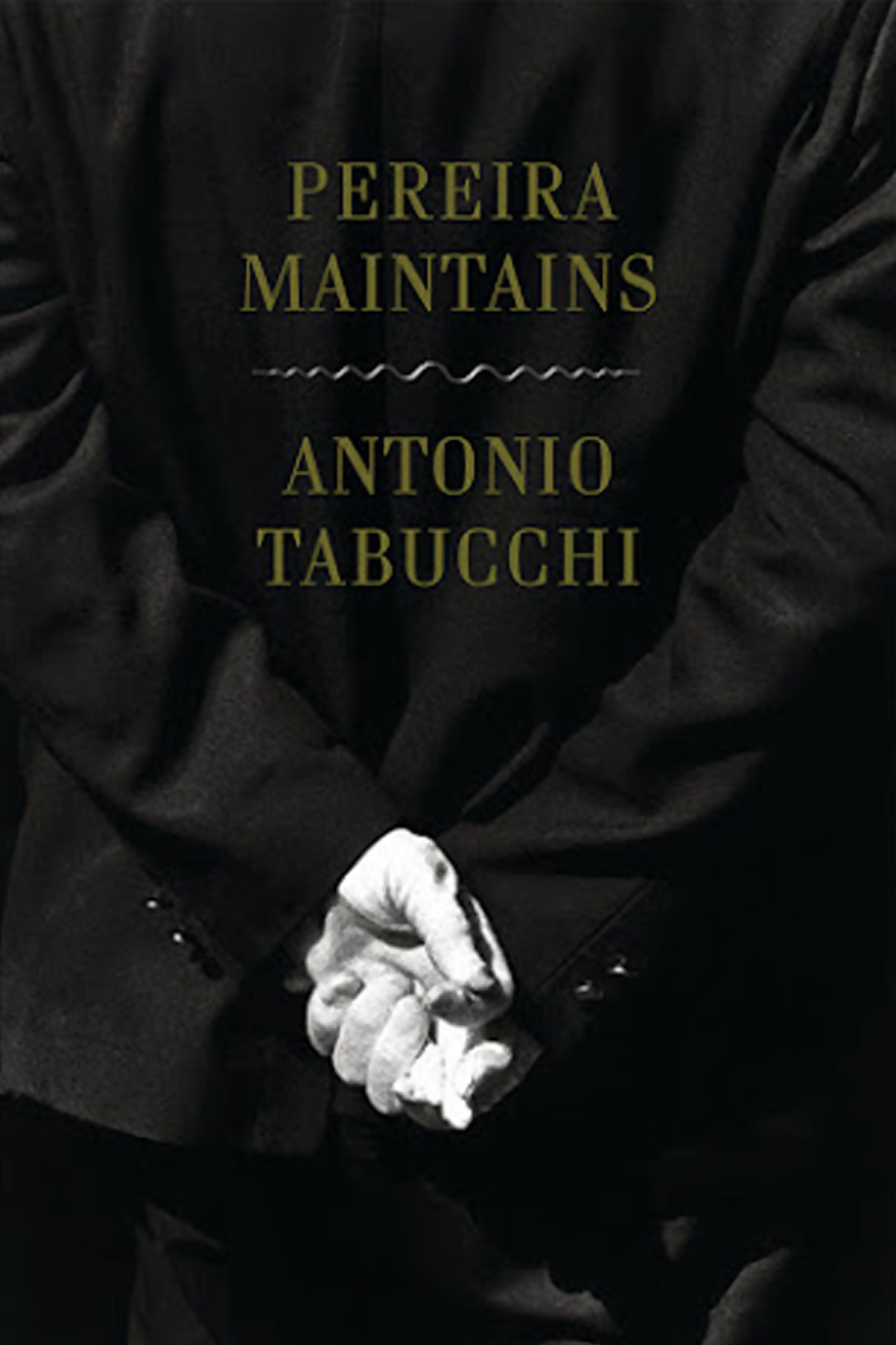Pereira maintains he is non-political. He edits the culture page of the Lisboa – an evening paper, and therefore not in the same league as other newspapers of Lisbon, but he was sure it would sooner or later make its mark, even if the culture staff consisted solely of himself, one man sweating with heat and discomfort in a squalid cubby-hole under the eye of a caretaker who was probably a police informant. It was the twenty-fifth of July Nineteen Hundred and Thirty-Eight and Lisbon was glittering, literally glittering in the purity of an Atlantic breeze, and the city seemed entirely in the hands of the police that evening. The day before, in Alentejo, they had killed a carter who supplied the markets, because he was a Socialist. This explained why the Guarda Nacional were stationed outside the market gates. But the Lisboa hadn’t had the courage to print the news, and who could be expected to have the courage to print news of that sort, that a Socialist carter had been shot down on his wagon in Alentejo, and had drenched all his melons with blood? ‘World’s Most Luxurious Yacht Sailed Today from New York’ the Lisboa’s headline read that day.
There are countless novels written about fascist Italy, Germany and Spain. Patrick Creagh’s translation of Pereira Maintains is the only one I know of in English about the Portuguese ‘Estado Novo’, arguably the world’s longest ruling fascist regime. I say arguably because it is difficult to say when fascism started in Portugal. There was no violent coup like in Germany, no march on the capital like in Italy, no civil war like in Spain – just the gradual consolidation of power by Salazar and his circle, and the slow creep of authoritarianism working its way into every corner of Portuguese life. Like being lay in a bath with the water temperature slowly rising, it’s difficult to say at what point you’re being boiled alive. Such was life in Portugal. By the time of the Carnation Revolution in 1974, after forty plus years of dictatorship under the banner ‘Faith, Fatherland and Family’, Portugal had the highest rate of infant mortality in Europe.
Tabucchi’s novel is set as the heat rises on its hero, Pereira. The heat rises, the walls close in, the grip on his collar tightens, and the question is: how heroic is he? How heroic can anyone be expected to be under the tyranny of a police state? I’m only the obscure editor of a second rate evening paper, said Pereira, and every day the proofs are examined by the state censors. It isn’t easy in a country like this for a person like me. But a wild idea had struck him, he maintains. There is no time to lose.
Pereira Maintains by Antonio Tabucchi, Feltrinelli, 1994. ISBN-13: 88-07-01461-0

